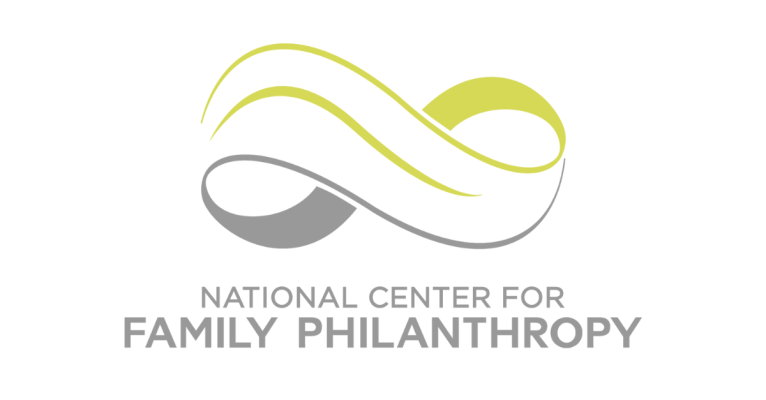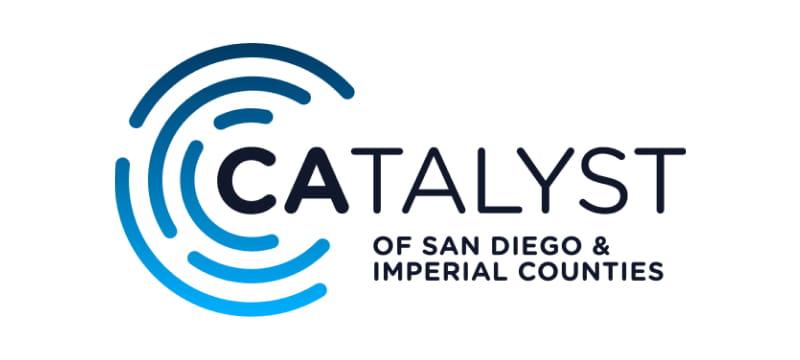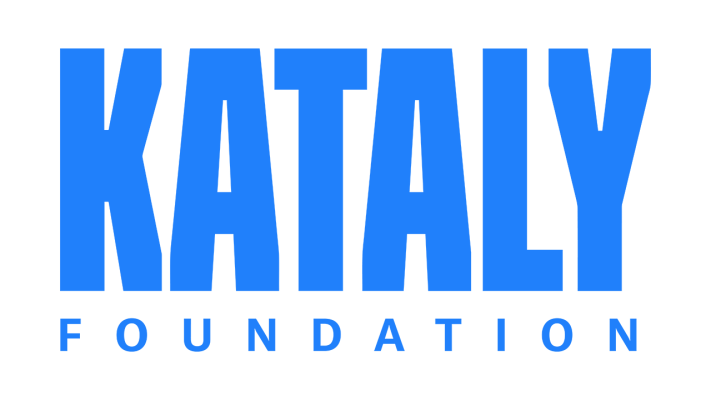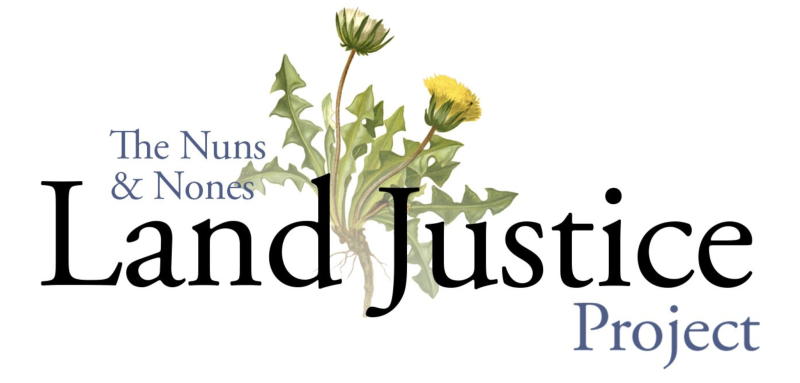Liberating Wealth as a Prayer for the Earth: Part 3
In 2021, NCG issued a call to the sector to confront existential challenges - convergent and increasing large-scale climate disasters, gaping racialized economic inequities, and drastically inadequate infrastructure and housing - by responding with coordinated, long-term, bold approaches. NCG suggested five overarching shifts that would address root causes and generate security, healing, and new possibilities for those living on the margins. These included: involving those most impacted by harm in decision making; collaborating to implement multiple strategies and multi-layered approaches that address deep roots of inequities; employing trust-based practices; and leveraging grant capital by aligning more assets in service of deep and lasting change.
There can be no conversation about long-term change to address root causes of inequities without surfacing our national history of land ownership. Wealth held in land is among the most valuable assets in today’s economy. Land ownership has concentrated in the hands of overwhelmingly white individuals and institutions across time. Astonishingly, white people own 98% of private land in the U.S.
As grantmakers, we have yet to fully reckon with how intertwined philanthropic wealth is with land theft, genocide, accumulation, and extraction that harmed and harms Indigenous, Black, and other people of the Global Majority. Land justice – the practice of centering ecological and racial healing in decisions about how land is used, loved, and governed – is a central principle of wealth liberation in practice. By supporting land return, not only can wealth holders support the material conditions that ensure that Black, Indigenous, and other people of the Global Majority can build resilience and exercise sovereignty in the face of climate change, we can also begin to heal a harmful cultural narrative about how we relate to land. We can continue to shift from treating land as an object to be owned to tending land as a network of sacred relationships to be stewarded. Through supporting land return - liberating it from historical patterns of ownership - we can begin to walk a long-term, multigenerational path to restoring ecological balance and right relationship among humans, more-than-human creatures, and the Earth.
Session Objectives:
In this conversation-towards-action, we will explore:
- The connection between foundations’ wealth and the historical context of land theft, colonization, enslavement, structural racism, extraction, and climate change
- Critical elements of land justice and ethical land rematriation (i.e., returning land in ways that prioritize matrilineal patterns of stewardship, ways of being, and decision-making 2 practices) through case studies of just land transitions and their evolving pathways to healing the Earth, Black and Indigenous communities, and white landowners
- Approaches and mindsets that support those connected to wealth, including foundation staff and principals, to constructively engage in movements for Land Back, reparations, and rematriation as invitations toward solidarity, collective healing, and freedom
- How restoring an enriched understanding of place can foster a paradigm that arcs toward healing a world devastated by climate change
Speakers
Peter Forbes
Peter Forbes
Peter’s life work is about the convening of people across differences of history, race, class and ideology to reconcile matters of consequence to their shared future. Peter is a core team member of First Light, an ambitious effort between 65 organizations in Maine and the Wabanaki people to increase their presence and sovereignty on the land. He has played significant roles in similar efforts in Alaska and Oregon. Peter was also the founding director of Center for Whole Communities and a vice president at Trust for Public Land. He is the author of 4 books on people and place and the owner of Knoll Farm, an organic fruit farm and community gathering place in the mountains of Vermont where he and his partner, Helen, raised their family.
Brittany Koteles
Brittany Koteles
Brittany Koteles is the Director of the Nuns & Nones Land Justice Project, which works with Catholic religious communities to incorporate land justice into their land legacies, centering racial and ecological healing in the property discernment process. With a decade of experience in the nonprofit sector, she comes to this work through years of exploration at the intersection of social justice and spirituality. Previously, she led the U.S. Fellowship program for Ashoka. A graduate of the University of Illinois at Urbana-Champaign, she authored Stories of Scale, a book about Spanish social entrepreneurship, during her tenure as a Fulbright scholar at ESADE's Center for Social Innovation in Barcelona. Brittany is an auntie, neighbor, writer, facilitator, and runner. She lives on Potawatomi land in Milwaukee, Wisconsin.
Woman Stands Shining Pat McCabe
Woman Stands Shining Pat McCabe
Woman Stands Shining Pat McCabe (she/her) - is a Diné (Navajo) mother, grandmother, activist, artist, writer, ceremonial leader, and international speaker. She is a voice for global peace, and her paintings are created as tools for individual, earth and global healing. She draws upon the Indigenous sciences of Thriving Life to reframe questions about sustainability and balance, and she is devoted to supporting the next generations, Women’s Nation and Men’s Nation, in being functional members of the “Hoop of Life” and upholding the honor of being human. You can learn more about her work on her website here.
Neil Thapar
Neil Thapar
Neil Thapar (he/him) - a land justice attorney who advises and advocates for decommodified relationships to land that promote affordability, community ownership, and long-term sustainable stewardship. Neil currently serves as Director of Land & Financial Redistribution at MINNOW. From worker-owned farms to community land trusts, Neil builds partnerships to surpass the legal and policy challenges standing in the way of transformative change. At Minnow, Neil works directly with client farmers, indigenous communities, and BIPOC-led organizations to develop the legal tools or infrastructure needed to acquire and collectively hold land. He also redirects philanthropic assets to finance these shifts, in collaboration with The People’s Land Fund, the California Tribal Fund and other cause-aligned partners. Neil earned a B.A. in Economics and International Area Studies from UCLA, and a J.D. from UC Hastings College of the Law. He also holds a Certificate in Ecological Horticulture from the Center for Agroecology and Sustainable Food Systems at UC Santa Cruz, where he authored thirteen case studies to introduce social justice to the existing curriculum.





